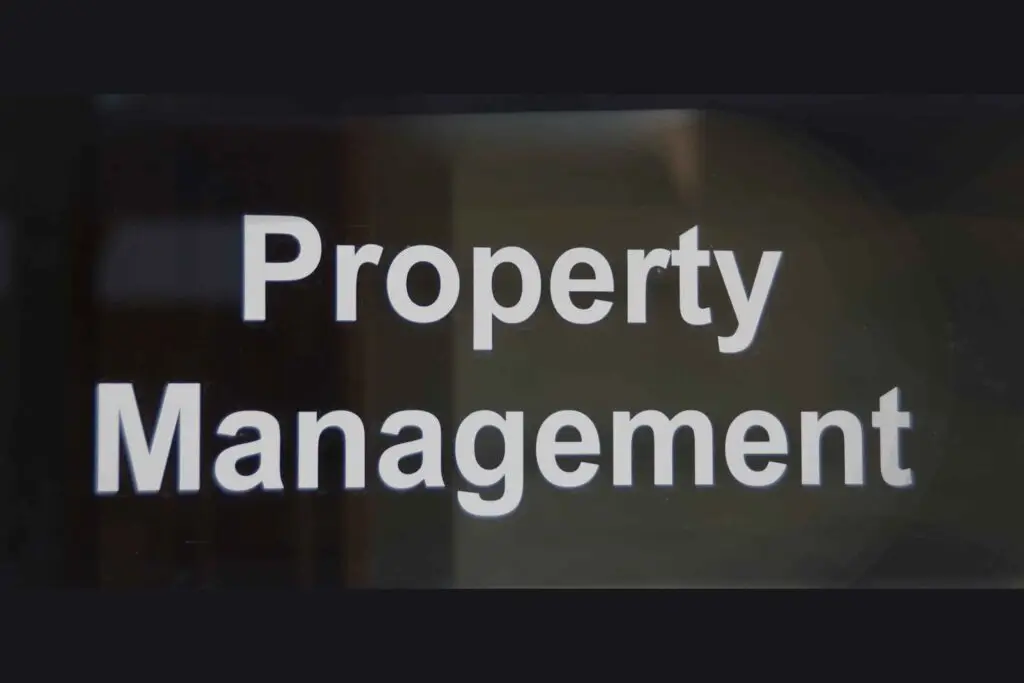Texas’s residential real estate market is booming, making it a top choice for investors around the world. From thriving cities like Austin, Dallas, and Houston, Texas offers ample opportunities for high returns. Whether you’re new to real estate or a seasoned investor, understanding how to maximize your returns is crucial.
The Lone Star State’s growing economy, diverse job market, and population growth contribute to its promising real estate landscape. These factors keep rental demands high and property values increasing, making it an attractive destination for investment. Moreover, Texas’s lack of state income tax makes it even more appealing, allowing investors to enjoy higher net returns.

In this article, you’ll discover valuable tips to help you make the most of your investments. We’ll cover practical strategies, key market insights, and realistic goal-setting tips that cater to both beginners and experienced investors. Whether you’re a high net worth individual, a self-directed IRA holder, or part of a real estate investment club, these tips will help you navigate the Texas market more effectively. By the end, you’ll be equipped with the knowledge you need to make informed investment decisions and achieve higher returns in the Texas residential real estate market.
The Potential of Texas Real Estate: An Overview

Texas’s residential real estate market is currently one of the hottest in the United States. Cities like Austin, Dallas, and Houston are experiencing rapid growth, with increasing demand for housing driven by a booming economy and job market. This demand creates an excellent opportunity for investors looking for high returns on their investments.
Texas is attractive to both domestic and international investors due to its strong economic fundamentals. The state’s low cost of living, lack of state income tax, and business-friendly policies further enhance its appeal. These factors make Texas a desirable location for people to move to, increasing the need for residential properties and driving up property values and rental income.

Investing in Texas real estate can offer significant benefits, but it requires an understanding of the market dynamics. By selecting the right properties in growing neighborhoods, leveraging available tax benefits, and using strategic financing options, investors can maximize their returns. Whether you’re new to real estate or an experienced investor, knowing the ins and outs of the Texas market can help you make informed decisions and achieve your financial goals.
Essential Concepts Simplified
To succeed in real estate investing, it’s important to understand some key concepts. Here are a few terms that every investor should know:
- Cash Flow
– Cash flow is the money you have left over from rental income after paying your expenses. Positive cash flow means you’re making a profit each month, while negative cash flow indicates a loss.
- Appreciation
– Appreciation refers to the increase in property value over time. Properties in high-growth areas tend to appreciate more quickly, providing potential profit when you sell the property.
- Return on Investment (ROI)
– ROI measures the profitability of an investment, calculated as a percentage of your initial investment. A higher ROI indicates a more profitable investment. To calculate ROI, divide your annual returns by the total investment cost and multiply by 100.
Understanding these concepts can help newer investors make better decisions. For example, selecting properties with positive cash flow ensures ongoing profits, while properties with strong potential for appreciation increase long-term wealth. Learning these basics lays the groundwork for more advanced strategies and successful real estate investing.
Local Market Insights

When investing in Texas real estate, it’s important to understand the unique characteristics of different cities or regions. Each has its own growth patterns and rental demands. Here are key insights into some of Texas’s top residential real estate markets:
Houston: Houston’s real estate market is thriving thanks to its strong job market and diverse economy. The energy sector, healthcare, and tech industries drive demand for housing. Neighborhoods like Midtown, Montrose, and the Heights offer excellent opportunities for both rental income and property appreciation. High rental demand and lower property prices make Houston attractive for investors looking for positive cash flow.
Dallas: Dallas continues to grow with a booming tech industry and a robust job market. Areas like Uptown, Deep Ellum, and Bishop Arts District are popular due to their entertainment options and proximity to business districts. Investors can find properties with strong appreciation potential and good rental yields. The city’s investment potential is bolstered by a steady influx of young professionals seeking rental properties.
Austin: Austin is known for its vibrant tech scene and cultural appeal. This attracts a steady stream of new residents and renters. Popular neighborhoods like East Austin, South Congress (SoCo), and Zilker offer profitable investment opportunities. Though property prices are higher, the potential for appreciation and stable rental demand make Austin a top pick. Its ongoing population growth and low unemployment rate contribute to a robust real estate market.
Investors should focus on these high-growth areas to maximize returns, carefully researching each city’s trends and demographics to make informed decisions.
Achieving Realistic Investment Goals

Setting and achieving realistic investment goals is crucial for success in real estate. Here are some tips to guide you:
Set Achievable ROI Targets: Before investing, define what a successful return on investment looks like for you. Consider factors like property value growth, rental yields, and overall market conditions. A common target for new investors is an ROI of 8-12%.
Emphasize Patience: Real estate investing is not a get-rich-quick scheme. It requires patience and a long-term perspective. It may take several years for property values to appreciate significantly or for rental income to reach its full potential. Experienced investors understand the importance of holding on to properties for long-term gains.
Regularly Evaluate Your Portfolio: Keep an eye on market trends and evaluate your investment portfolio regularly. Adjust your strategies as needed to ensure you are on track to meet your goals. This could mean selling underperforming properties or reinvesting in higher-growth areas.
By setting realistic goals and maintaining patience, investors can build a profitable portfolio over time, minimizing risks and maximizing returns.
Conclusion

Investing in Texas residential real estate offers numerous opportunities for both new and experienced investors. The state’s strong economy, population growth, and business-friendly environment create an ideal market for high returns. Understanding key concepts like cash flow, appreciation, and ROI, and implementing actionable strategies will help you navigate this dynamic market.
Being aware of local market insights for cities like Houston, Dallas, and Austin will empower you to make smarter investment choices. Setting realistic investment goals and remaining patient are essential for long-term success. Whether you’re a retiree looking to diversify your portfolio, a high net worth individual seeking steady income, or an entrepreneur aiming to expand your investments, Texas real estate holds the potential to meet your financial aspirations.
For personalized guidance and more resources, contact Elysium Real Estate Investments LLC, a real estate advisor. Reach out to discover how tailored strategies can help you maximize your returns and achieve your investment goals in the thriving Texas real estate market.
Legal Disclaimer: The content presented in this article is for informational purposes only and does not constitute financial, legal, or investment advice. Real estate investing involves substantial risk, and readers should research and seek advice from licensed professionals before making investment decisions. Elysium Real Estate Investments LLC assumes no responsibility for any loss or damages from reliance on the information provided. Past performance and examples do not guarantee future results.
LEARN TO INVEST WITH US.
We accept queries from accredited domestic and foreign investors seeking single and small multifamily investment opportunities.











